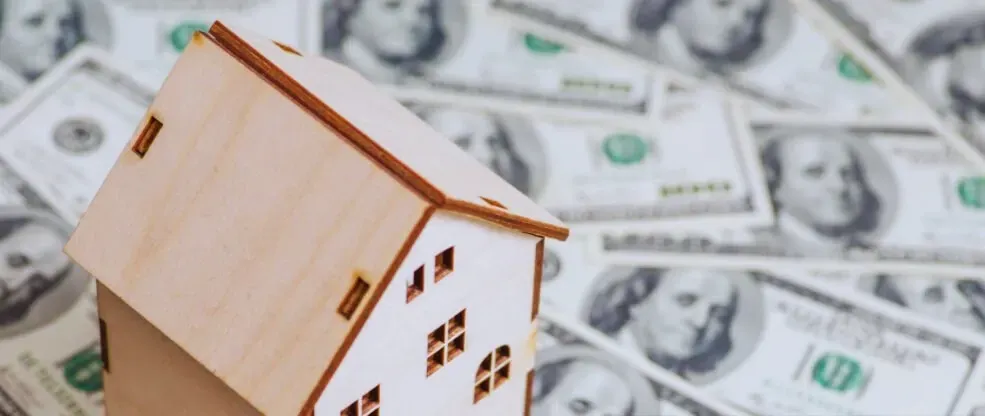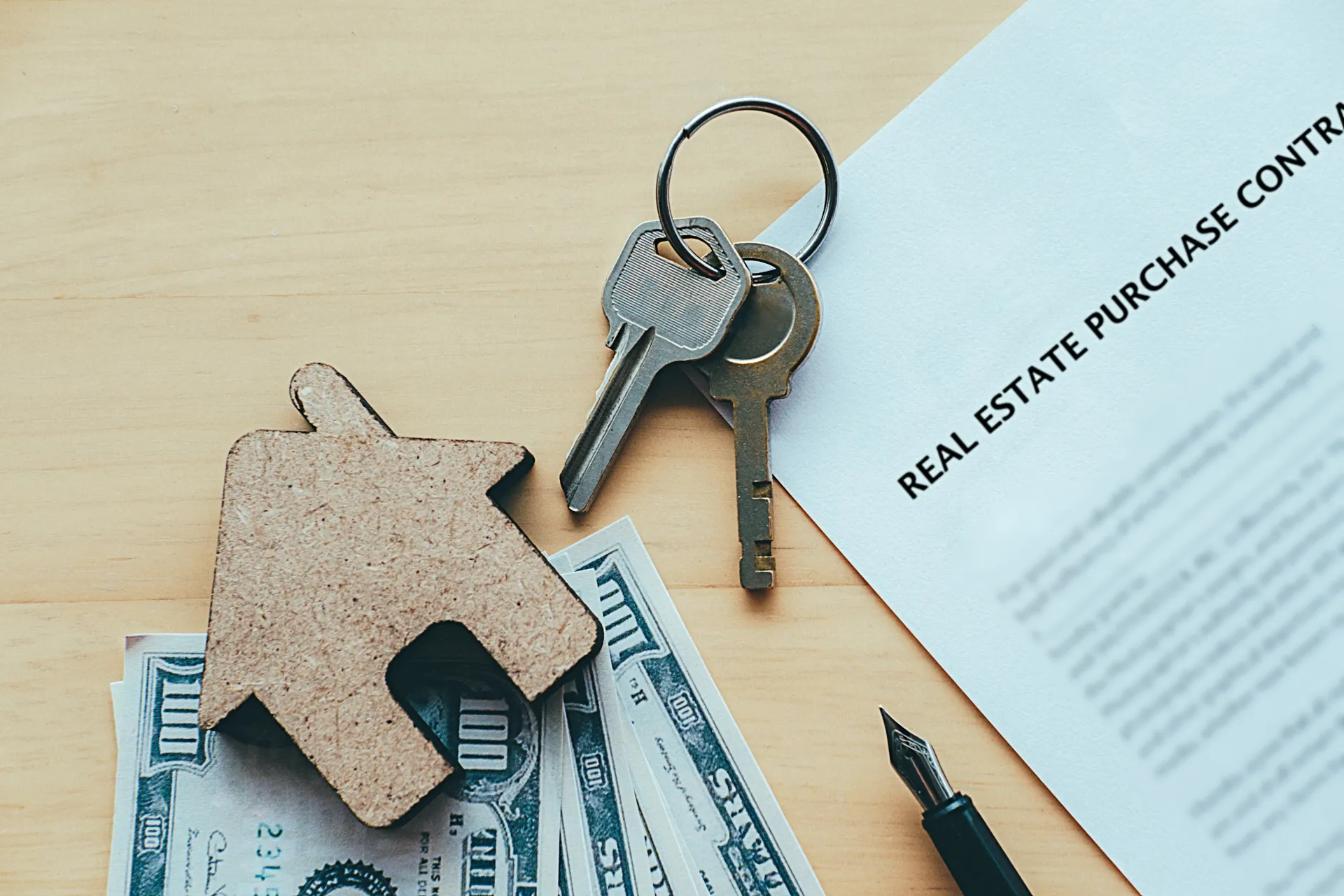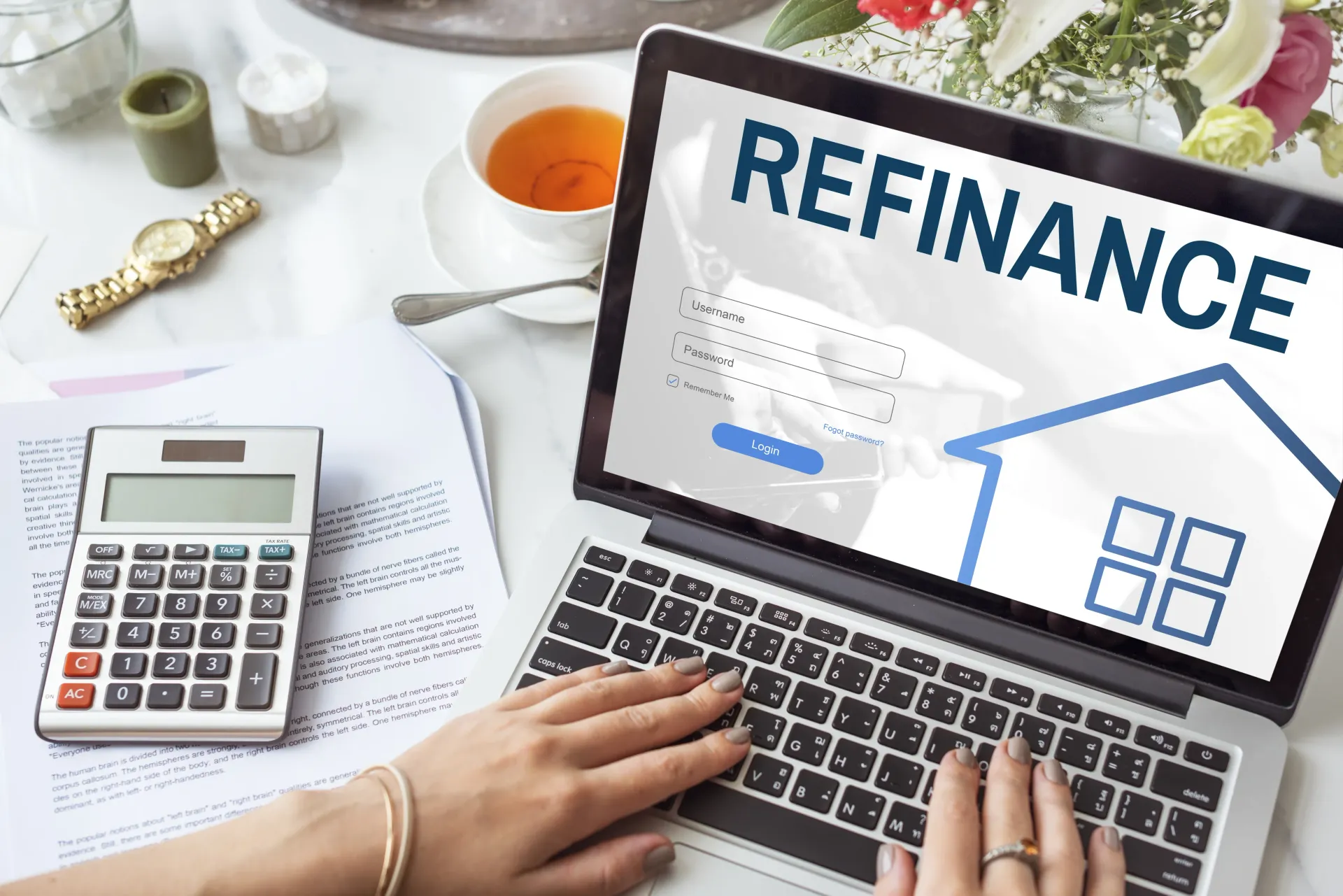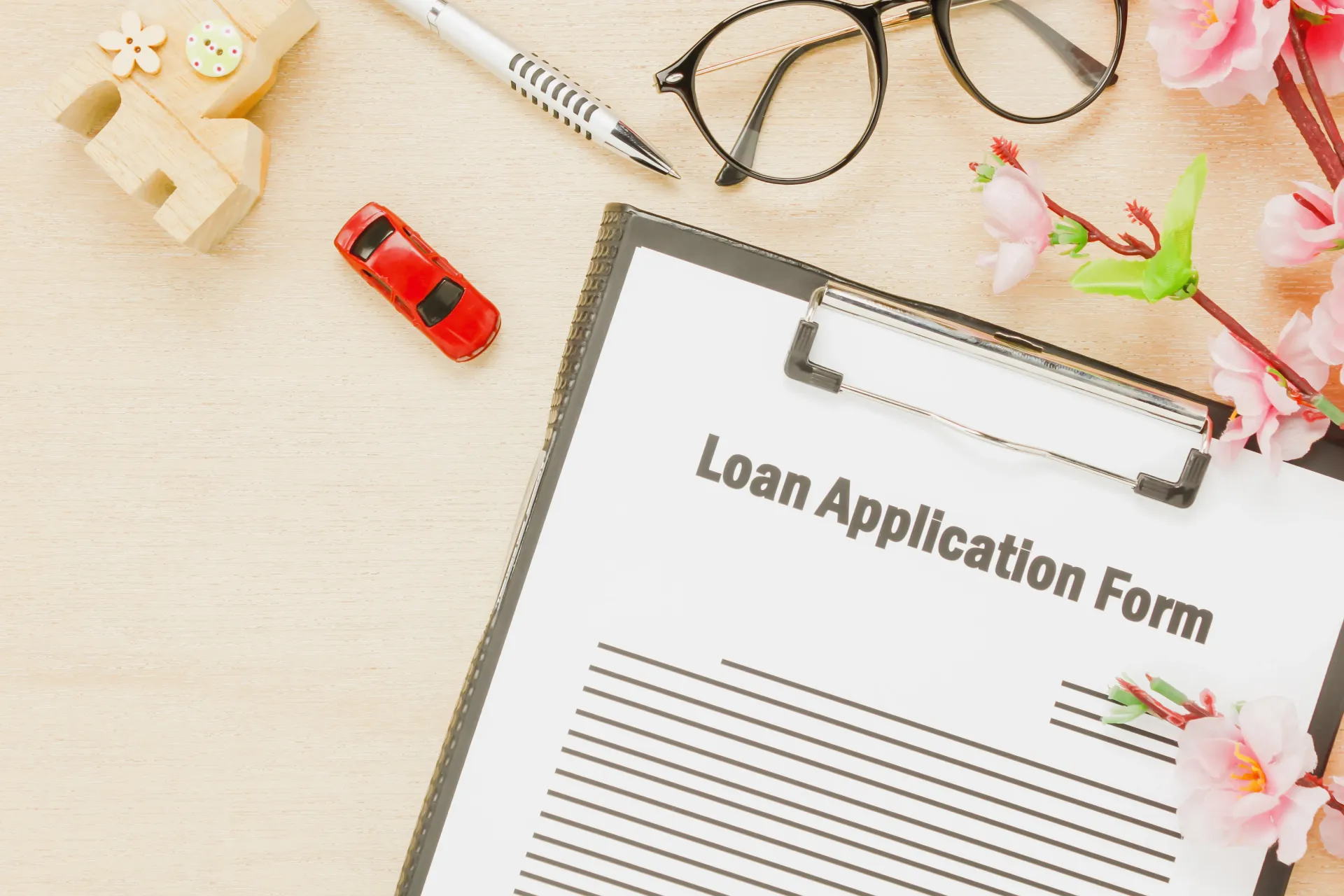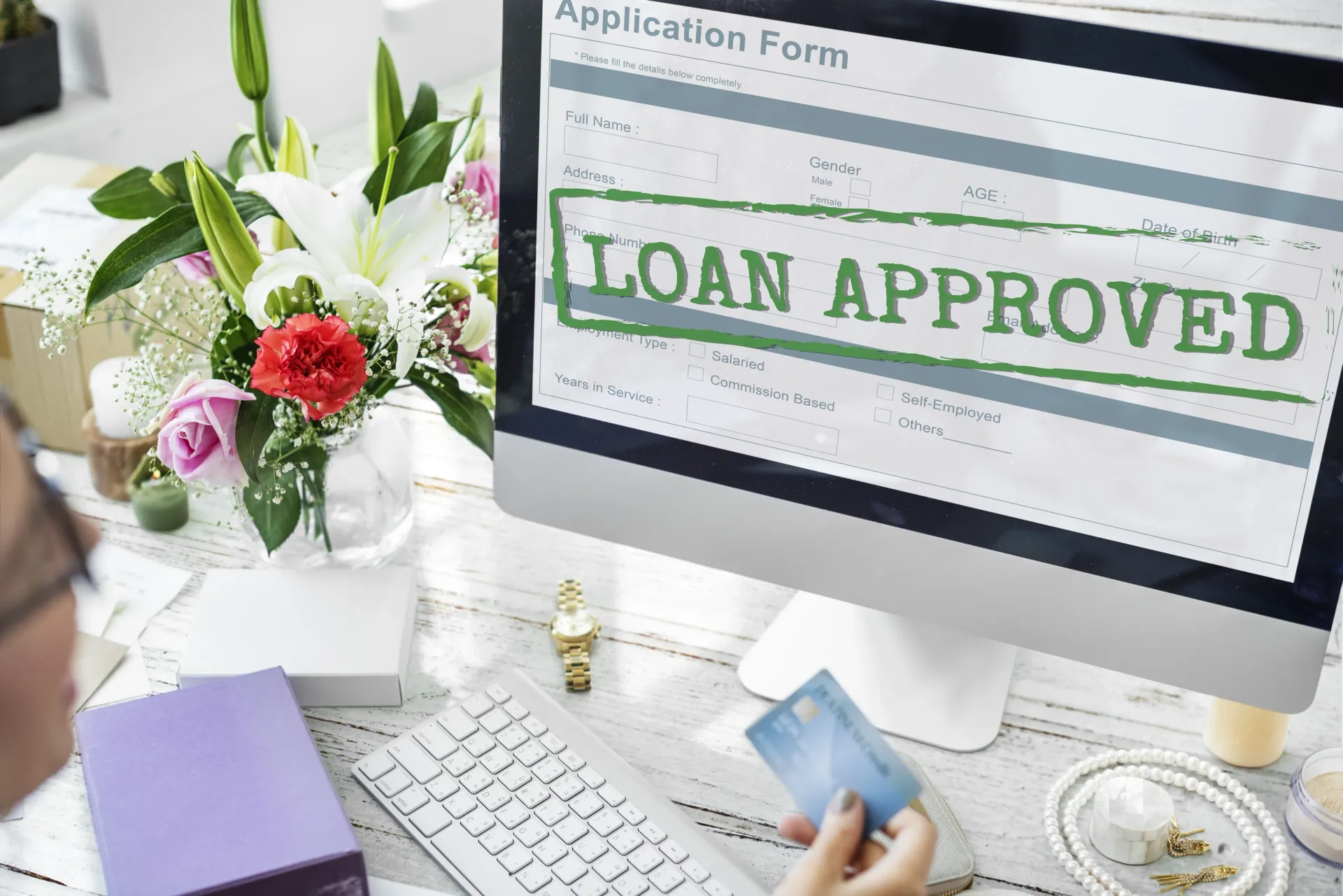Feeling the Pinch? How Rising Interest Rates Are Tightening Your Budget
If your wallet has been feeling lighter lately, you’re not alone. Many Americans are struggling to manage everyday expenses as rising interest rates stretch budgets to the breaking point. But why are these rates climbing in the first place?
Interest rates are one of the main tools used by central banks like the Federal Reserve to manage economic growth. When inflation spikes—as we’ve seen recently—central banks increase rates to cool down the economy. Higher borrowing costs are meant to reduce spending and bring inflation back under control. While this sounds smart on paper, the real-life impact on households can be painful.
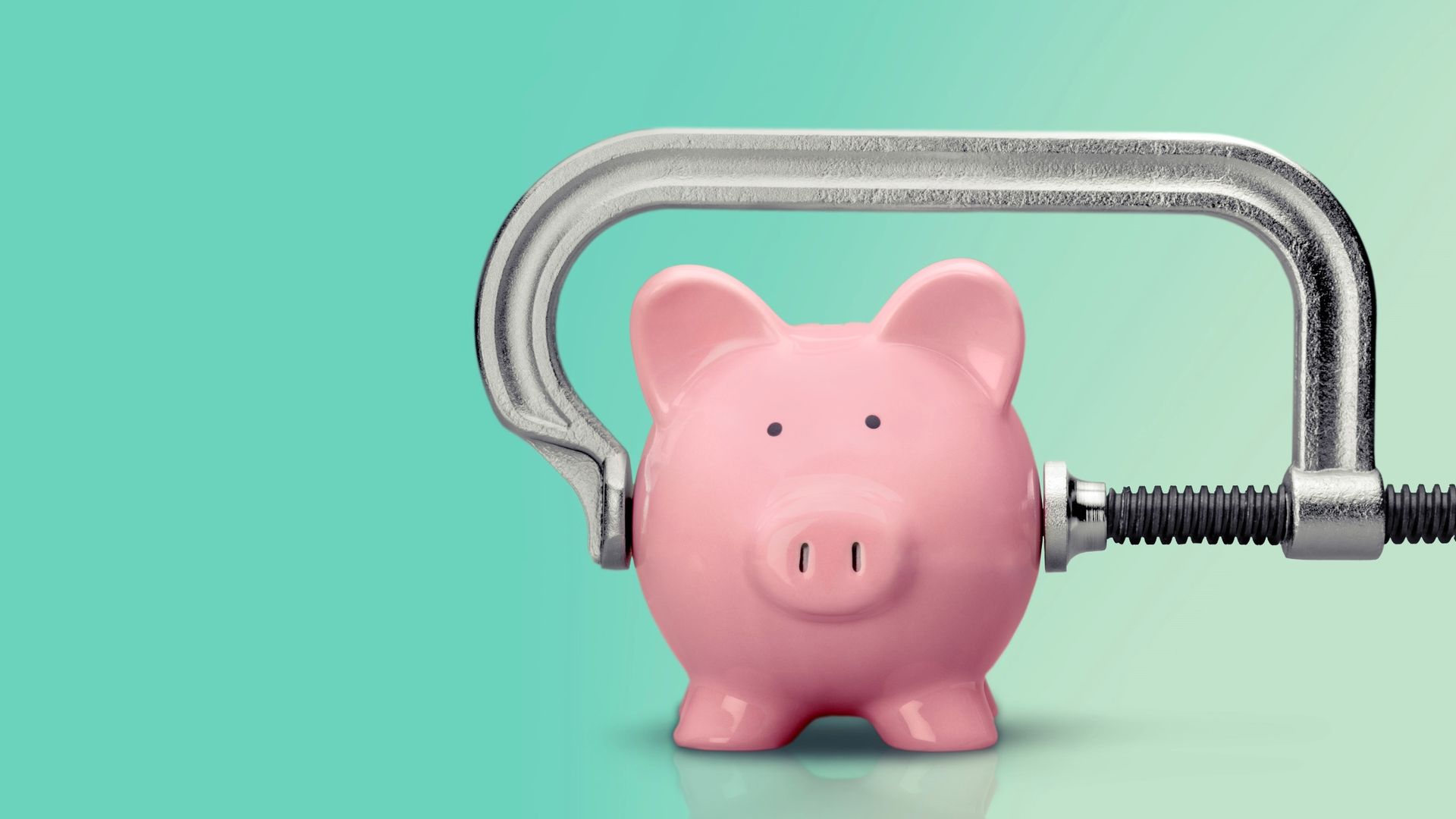
What Are Interest Rates and Why Do They Matter?
Interest rates are essentially the cost of borrowing money. Whether it’s for a mortgage, a credit card, or a student loan, lenders charge interest as a fee for the risk they take when they lend money.
When rates are low, borrowing is cheap, and the economy tends to grow. But when rates rise, everything from your home loan to your credit card bill gets more expensive. That’s when people start to “feel the pinch.”
The Federal Reserve’s Role in Raising Rates
The U.S. Federal Reserve doesn’t just pull rate hikes out of a hat. It responds to key economic indicators—especially inflation, unemployment, and GDP growth. If inflation is running hot, the Fed might raise interest rates several times a year to bring things under control.
This policy decision affects everything: how much you pay for your mortgage, how businesses invest, and how much interest you earn on your savings.
How Inflation and Interest Rates Are Intertwined
Inflation is the rate at which prices for goods and services increase. When inflation is high, the money in your pocket buys less. To combat this, the Fed raises interest rates to discourage borrowing and encourage saving.
While that might reduce inflation over time, in the short term it often tightens your financial margins, increasing your monthly bills and reducing your purchasing power.
Feeling the Pinch? How Rising Interest Rates Are Tightening Your Budget
Rising interest rates may sound abstract, but their effects are very real. Here’s how they show up in your daily life:
- Higher mortgage payments for new homeowners or those with adjustable-rate loans.
- Expensive credit card balances due to increased APRs.
- Costlier car loans with longer repayment periods.
- Less flexibility in refinancing options.
- Shrinking savings as inflation outpaces low-yield returns.
These mounting costs force households to cut back on spending, limit investments, and rework monthly budgets just to stay afloat.
Rising Mortgage Rates and the Monthly Payment Shock
If you’re house hunting or have a variable-rate mortgage, you’ve probably noticed your monthly payments climbing. That’s no coincidence. Mortgage rates have surged, pushing monthly costs up by hundreds—or even thousands—of dollars.
Let’s say you bought a $400,000 house with a 3% interest rate. Your monthly payment might have been around $1,686. At a 7% rate, that same loan now costs $2,661—a $975 jump. That’s serious money out of your pocket.
Why Car Buyers Are Paying More in Monthly Installments
Auto loan interest rates have followed the same upward path. A few years ago, a 4% interest rate for a new car loan was common. Now, many borrowers face rates over 7% or 8%.
That means longer loan terms, higher monthly payments, and, in many cases, settling for cheaper vehicles. This shift puts pressure on consumers who rely on personal vehicles for daily commuting and family responsibilities.
How Higher APRs Are Crushing Credit Card Users
Credit cards are notorious for their variable interest rates. As the Federal Reserve hikes rates, banks increase APRs on your credit cards, too. What used to be a manageable balance can spiral into a budget nightmare almost overnight.
If your APR has jumped from 15% to 23%, and you carry a $5,000 balance, you’ll pay nearly $1,150 more in interest per year. The pressure to pay down debt fast has never been more intense.
The Forgotten Impact on Student Loan Borrowers
Even though federal student loans are temporarily paused or fixed, private student loans aren’t immune. These often come with variable rates tied to the economy.
Rising rates mean new students and refinancers are locking into higher long-term payments. For borrowers juggling multiple loans, this can strain their budget for decades.
Small Businesses and the Cost of Borrowing
Small business owners often rely on loans to manage cash flow, invest in growth, or cover payroll. Rising interest rates raise the cost of these loans, making it more expensive to expand operations or hire new staff.
In such conditions, some entrepreneurs turn to a Hard Money Lender to get quicker access to funding, especially when banks become too conservative.
How Rising Rates Influence Stock Market Decisions
Higher interest rates usually make bonds and savings accounts more attractive, drawing investors away from stocks. This shift often causes market volatility and impacts retirement accounts like 401(k)s.
People nearing retirement age may feel forced to delay their plans or adjust their portfolios to preserve their wealth during uncertain times.

The Psychological Tug-of-War: Spend Less or Save More?
When interest rates go up, so does financial anxiety. People are torn between cutting expenses and putting more money into savings. It’s hard to strike a balance when everything—from groceries to gas—is more expensive.
Some try to limit non-essential purchases, while others reallocate funds from entertainment to emergency savings.
The Housing Market Slowdown: Buyers vs. Sellers
Rising mortgage rates have cooled what was once a red-hot housing market. Buyers can afford less house for the same monthly payment. Sellers are now finding it harder to close deals at top dollar.
This mismatch has led to fewer home sales, more price reductions, and a longer time on the market.
Why Refinancing Your Home May No Longer Save You Money
Refinancing used to be a go-to tactic for saving money. Not anymore. If your current rate is 3% and today’s rate is 7%, refinancing will likely cost you more in the long run.
Unless you're in dire need of cash or consolidating debt, refinancing during a rate hike can be a bad financial move.
The New Urgency for Emergency Savings
In uncertain financial climates, emergency savings become your safety net. Experts recommend saving 3–6 months of living expenses, but with rising costs, even that feels tough.
Start small—automate deposits, cut out unnecessary expenses, and keep your funds in a high-yield savings account.
Budgeting Tips to Navigate a High-Rate Environment
- Track every expense.
- Cut unnecessary subscriptions.
- Shop with a list and stick to it.
- Pay down high-interest debt first.
- Limit new loans or credit card applications.
The goal? Regain control over your money so rising rates don’t control you.
When to Consider a Hard Money Lender
In some situations, traditional financing just doesn’t work. That’s when a Hard Money Lender can provide fast, flexible funding.
These lenders focus more on asset value than credit scores, making them ideal for real estate investors, fix-and-flip projects, or emergency business funding.
Future-Proofing Your Finances in a High-Interest Economy
It’s time to get proactive:
- Diversify your income streams.
- Invest wisely in stable markets.
- Reevaluate your financial goals.
- Consult a financial advisor when needed.
Being prepared is your best defense against financial uncertainty.
Adapting to a Changing Financial World
Rising interest rates are more than just numbers—they directly impact your daily life, from car payments to groceries. But with the right knowledge and strategies, you can weather the storm and come out stronger.
If you're feeling overwhelmed, don’t hesitate to Contact a financial expert to discuss your options.
Frequently Asked Questions
Why are interest rates rising so fast?
Rates are rising to combat inflation. The Federal Reserve increases interest rates to slow down spending and stabilize prices.
How do interest rates affect my credit card bills?
Higher rates mean your credit card APR goes up, leading to more interest paid on balances you carry month to month.
Can I still get a good mortgage deal now?
It’s harder, but not impossible. Work on improving your credit score and consider fixed-rate options.
Is it smart to pay off debt now?
Yes. Paying off high-interest debt can save you hundreds—or thousands—especially as rates climb.
How do rising rates affect the housing market?
They reduce affordability, slow down sales, and put pressure on both buyers and sellers.
Should I refinance my home during a rate hike?
Usually not. Unless you have a compelling reason, refinancing at higher rates can cost more in the long run.
Links


